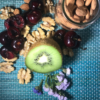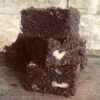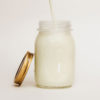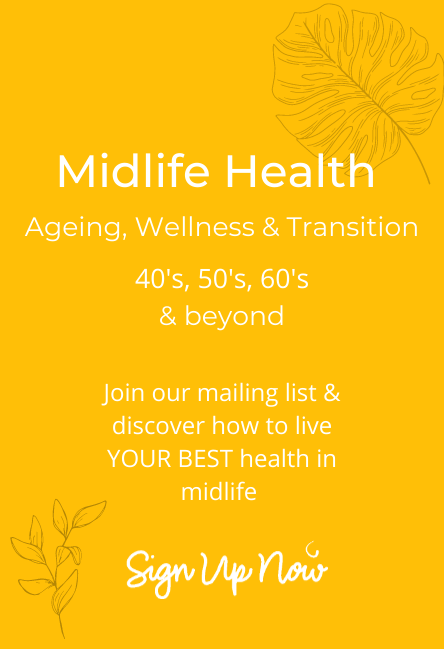 Reading Time: 3 minutes
Reading Time: 3 minutes
By Faye Hall
There are differing views when it comes to supplementation and differing research one could draw on to support a variety of viewpoints. In my work as a nutritionist, I have seen supplements work effectively, too often to doubt that it’s a useful approach for many people.
Reflecting on the current situation Sarah and I feel that there is a big gap in the mainstream media discussion on what we can do to build immune resilience and support general health and wellbeing through natural health and lifestyle measures, of which supplementation is very much a part. It’s a shame that this is not getting more attention as it really is a time to explore every plausible and possible avenue to help prevent infection and potentially reduce the impact of an infection such as COVID – 19 and indeed any other immune challenge!
In principle, we always say that food comes first and when we work with clients we encourage getting a good sound dietary strategy in place as the foundation of health creation and a first line of action. You can review some dietary strategies for immune support in our previous blog ‘ Supporting Immune Health with Food & Nutrition’.
For some people though, changing food habits means facing up to some ingrained habitual patterns, and may require some learning on how to think differently about food and nutrition through re-education and obtaining new knowledge. It’s a process of change. This takes willingness, time, commitment and support. It also takes energy and if a person has poor health and poor diet, energy is often not what they have an abundance of. A supplement programme can give people a lifeline, a quick win so that they may find the energy to start to change their food and lifestyle. While supplements should not replace a good diet we know from our experience that supplements can be a game-changer for people.
It’s interesting to reflect on the changing trends that are occurring during this period of time when sales of supplements are skyrocketing. Could starting a basic supplement programme may be one of the simplest ways to get a little more pandemic protected?
In general, there are many cases for when and why supplementation may be appropriate. These include nutritional deficiencies, soil depletion, certain diets, high demand lifestyles, reduced absorption, excessive stress and as a therapeutic intervention in chronic conditions and in situations of vulnerability.
There is plenty of evidence to support the concept that an effective immune system is strongly related to nutrition status so it makes sense for us to support that status through supplementation where appropriate.
Our immune system is an intricate, multifaceted system with the microbiota sitting at the interface. It is influenced by and intimately connected with our food, nutrition and general state of wellness. The immune response has often been shown to be weakened by inadequate nutrition in many model systems as well as in human studies.
We know that there is a lot of information and misinformation about what to take or not to take at this time. We do not recommend taking any high dose single nutrient supplements without consulting an appropriate healthcare practitioner first.
Here we offer basic supplement suggestions that may support general health and wellbeing.
- A good basic multi – containing vitamins and minerals to support immunity, including vitamins A, D and zinc.
- Additional Vitamin C (up to 1000 mg per day).
- Omega 3 fatty acids (which are mediators of immune responses) may be useful for people that do not include oily fish regularly in their diet.
- Some herbal products with a history of traditional use such as Astragalus Membranaceus or Andrographis Paniculata may be useful.
- Probiotics, a healthy microbiome is a barrier against pathogens and integral to the immune system.
- Phytonutrients are biologically active compounds found in plants that provide nourishment and immune benefits. The best way to obtain these nutrients is through eating a colourful diet and including additional herbs and spices. Occasionally using additional food source supplements such as mushroom extract or Allium Sativum (garlic) may be beneficial for some people.
Nutritional supplementation is exceptionally safe and a logical addition to a health regime for many and particularly at times of challenge. For optimum results with supplementation, we encourage you to see a nutrition professional for personalised recommendations.
If you would like to know more about supplementation and your health, you’re welcome to book a free 15-minute consultation with our nutritionists.







